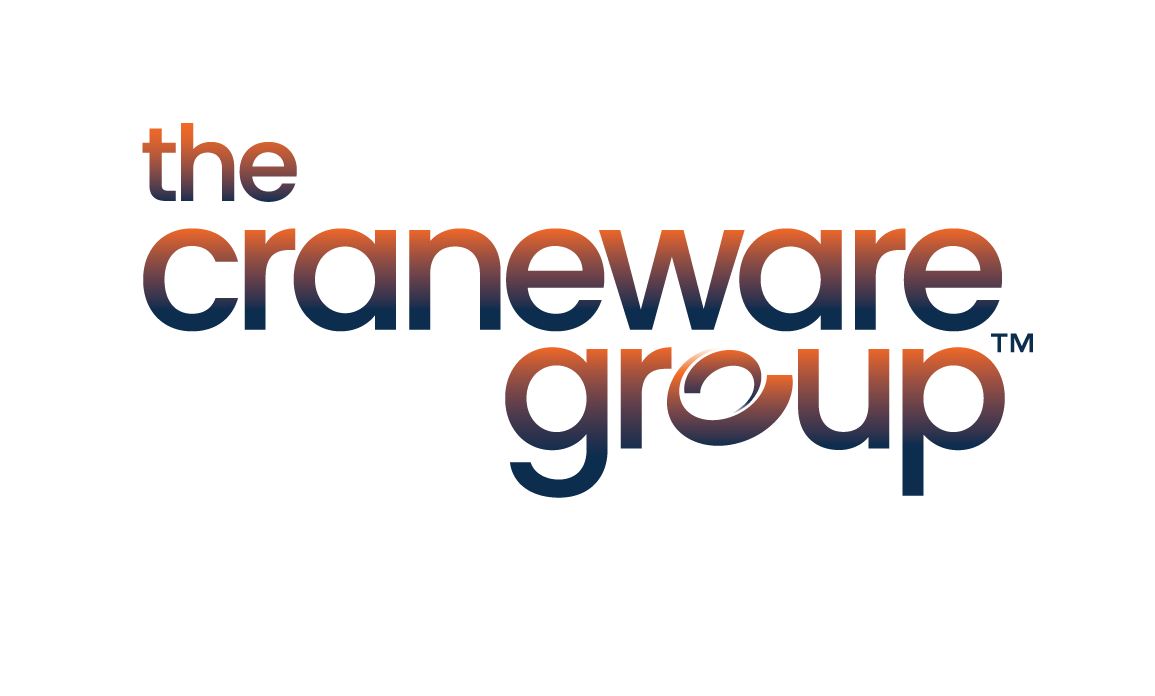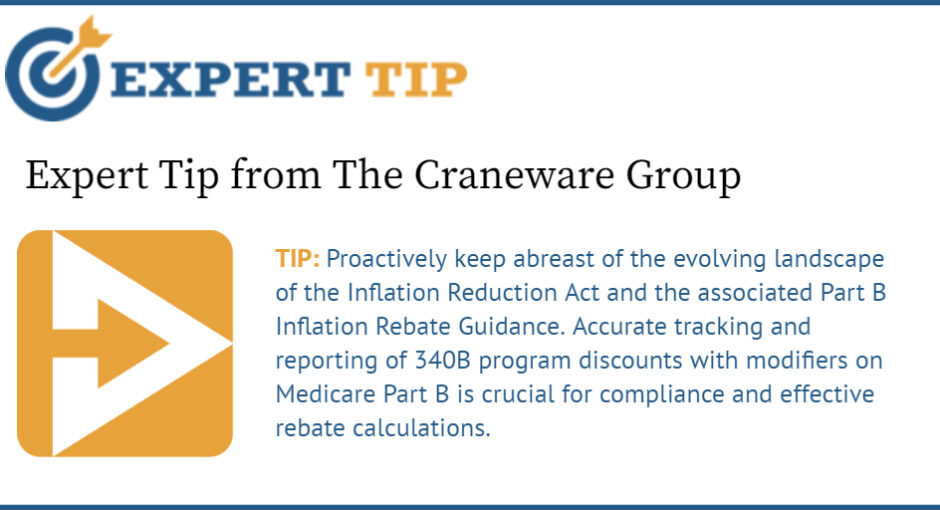
SPONSORED CONTENT

TIP: Proactively keep abreast of the evolving landscape of the Inflation Reduction Act and the associated Part B Inflation Rebate Guidance. Accurate tracking and reporting of 340B program discounts with modifiers on Medicare Part B is crucial for compliance and effective rebate calculations.
The Inflation Reduction Act of 2022 (IRA) is a pivotal healthcare policy that has brought about significant changes in the realm of drug pricing and rebates. Even though it was a prominent topic last year, its implications continue to be relevant, making it essential to grasp the interplay between the IRA and Medicare Part B.
One of IRA’s primary objectives is to combat inflation by empowering Medicare to negotiate drug prices, specifically for high-priced, single-source drugs. It introduces a rebate system that mandates manufacturers to refund Medicare when their drug prices increase faster than the inflation rate.
A pressing issue that arose was how to account for discounts provided by manufacturers for the 340B program. Subsequently, CMS issued the “Part B Inflation Rebate Guidance” post-IRA, designed to address the identification of 340B program discounts in the IRA rebate calculations. This requires that all 340B entities meticulously track and designate drugs dispensed at a 340B price in Part B with modifiers, thereby excluding them from the IRA rebate calculation.
Importantly, this Part B Inflation Rebate Guidance requirement applies to all 340B entities, including previously exempt entities like Critical Access Hospitals (CAHs).
Whether your healthcare institution is part of the 340B program or not, understanding the relationship between the IRA and CMS Part B Inflation Rebate Guidance is paramount. Staying informed, ensuring compliance with evolving regulations, and adapting processes to optimize operations are essential in navigating this dynamic healthcare landscape.

Dawn DeAngelo is VP of pharmacy solutions at The Craneware Group. She can be reached at ddeangelo@craneware.com



